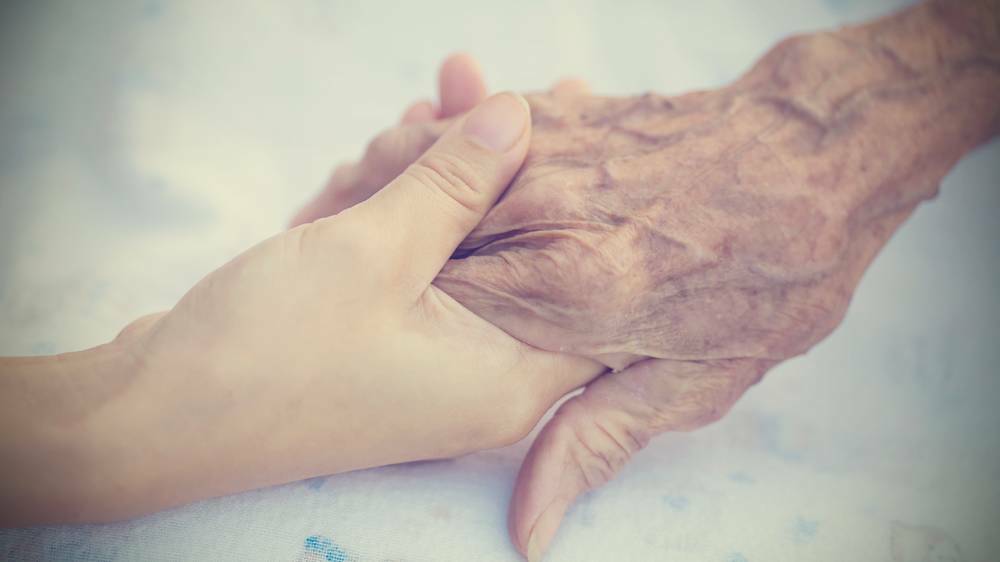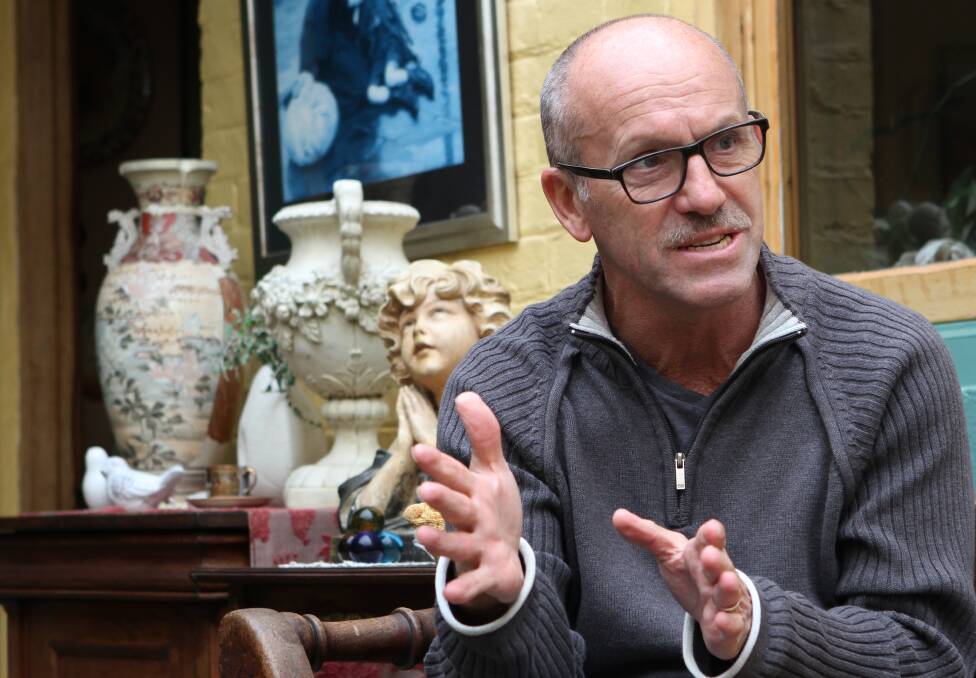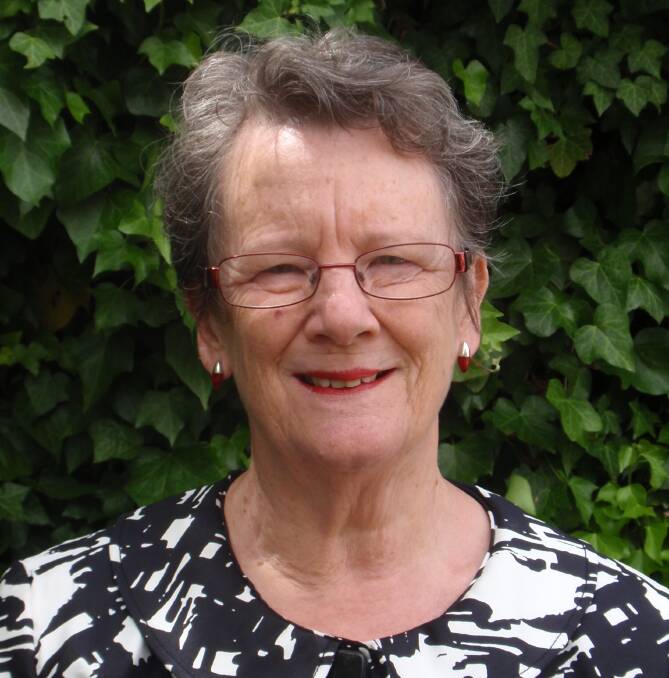
Tasmanian parliamentarians will get to vote on a new voluntary assisted dying bill next year.
Subscribe now for unlimited access.
$0/
(min cost $0)
or signup to continue reading
The Office of Parliamentary Counsel is currently drafting legislation.
It will be introduced into the Legislative Council by the independent member for Mersey Mike Gaffney.
Since 2009 there have been three failed attempts to introduce voluntary assisted dying laws in the House of Assembly with the last in 2017 defeated 16 votes to eight.
Mr Gaffney said he hoped that when the bill was introduced into the upper house in 2020 it would have community support.
"Fundamentally I believe it is about an individuals' right to choose," Mr Gaffney said.
"Many Tasmanians probably know, or have heard of someone, who has not had a good end of life experience and I believe we need sound legislation in place to allow for greater choice for end of life decisions."
Mr Gaffney will be holding community forums across the state next year to get feedback on the draft legislation.
He believes that Premier Will Hodgman's decision to allow him access to parliamentary counsel to draft the bill will ensure a "robust, legally sound and ethical piece of legislation will be presented to the community".

"The Premier has also indicated he will allow a conscience vote for Liberal members," Mr Gaffney said.
"I want the community to have their say and to fully understand this legislation and the process and I thank the Premier for his support.
"Voluntary assisted dying must be acceptable and accessible to Tasmanians experiencing intolerable suffering and at the same time have the proper safeguards to protect vulnerable people and also to support our medical practitioners."
Mr Gaffney, who this year saw first hand how voluntary assisted dying laws work in Canada, Belgium, USA, the Netherlands and Switzerland, said only "a relatively small number" of people actually used the laws.
He is optimistic that it will receive a "good hearing" in the Legislative Council and then be supported by a majority of members in the House of Assembly.
"More than 80 per cent of the population in most jurisdictions support voluntary assisted dying legislation and I'm certain this bill, when it is drafted, will be very robust," Mr Gaffney said.

Dying with Dignity Tasmania president, Margaret Sing, praised Mr Gaffney for his efforts and said it was reassuring that the bill would be expertly drafted.
She said that Dying with Dignity Tasmania also would continue to provide parliamentarians and the public with information for a "well-informed debate".
"Since the last debate in the Tasmanian Parliament, there has been even more evidence that fears about what might happen have not eventuated," Ms Sing said.
"Mike Gaffney brought back very valuable information and advice that from overseas that has added to our extensive research.
"The advantage is that this bill will be able to draw on the 15 laws in place across the world and Western Australia's if they pass theirs."
Ms Sing said that a study for Palliative Care Australia found that in places with voluntary assisted dying laws there had been no negative effect on palliative care services.
"The study concluded that 'if anything, in jurisdictions where assisted dying is available, the palliative care sector has further advanced'," she said.


